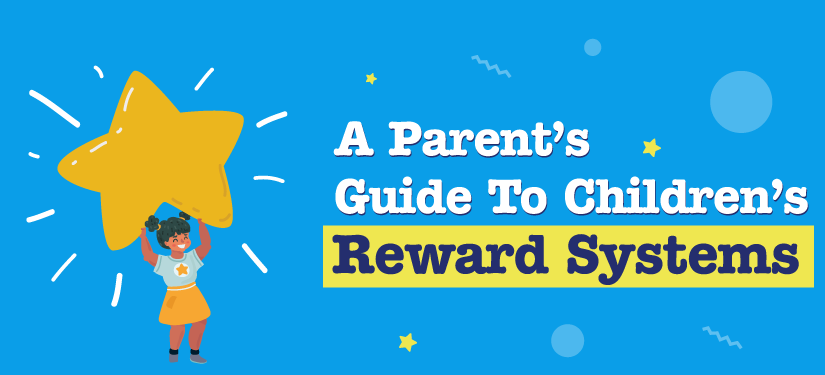
“Nobody gets praised for the right reasons.”
― Diana Wynne Jones, English Novelist
It is often said that rewarding children for correct, appropriate behaviour is one of the best ways of strengthening desired behaviour. A reward system for children can be an effective discipline tool if used correctly. It gives children the incentive to repeat the behaviour that parents want to inculcate in the children and lessens the chances of behavioural issues in children.
Things every parent needs to know before rewarding children
Dr Don H Fontenelle’s book, How to Live with Your Children; A Guide for Parents Using a Positive Approach to Child Behaviour, published way back in 1989 mentions a few key things that parents should know about rewards before starting a reward system for children. Dr Fontenelle is a child/adolescent psychologist who has published over thirteen books, five of which have been translated into multiple foreign languages:
- Reward has to be meaningful to the child. Every child is unique and responds to different rewards. Just because something worked for your older child does not necessarily mean that it will work for your younger one. It is important for parents to find out what their child values and then create a reward structure accordingly. For some children, it might be more challenging to find out what they respond to.
- Use praise as a reward before trying anything else. Most children crave their parents’ attention and are likely to repeat behaviours that get them attention. Parents can club this positive attention with verbal praise and turn it into a reward for demonstrating desired behaviours. Praise accompanied by a small gesture such as a high five or a pat on the back will go a long way in strengthening them.
- Reward the child only after the desired behaviour has taken place, and not to get the child to adhere to your requests. For example: Here is a bicycle for you, and now that you have a bicycle you need to do your daily chores.
- Ensure that your child gets the reward that you had promised. Parents need to ensure that the child receives the reward after completing a task or for demonstrating desired behaviour. If parents promise rewards and then fail to deliver, the reward system loses its credence. For example: Parents agreed that the child can push their bedtime by 15 minutes, if they finish everything on the dinner plate. Later on, parents should not cancel the reward because the child teased their sibling.
- Rewards must be delivered immediately without any delay. The child should ideally receive the reward immediately after the desired behaviour is displayed. For a child, waiting for a month to get the reward makes it less desirable. Rewards for children are not about the cost or the magnitude of the reward. It will be helpful to reward the child on a daily or weekly basis instead of waiting for the next big thing.
- It takes time for the reward system to work. Parents should be consistent and patient for the reward system to work and focus on little improvements. Do not make 100 per cent adherence as a criterion for receiving rewards. Leave room for errors. Make the rewards attainable.
- Rewards need to change every once in a while. Receiving the same reward consistently is likely to make it less desirable. If you find that a reward that worked previously is not working anymore, change it.
Once the desired behaviour becomes a part of a child’s routine, then slowly you can start weaning them off from the reward system.
For now, we have designed a beautiful children’s reward chart and e-certificates that you can download to tackle common behavioural problems in children.
Download the sample reward chart and e-certificates here
Do let us know if you found this article useful in the comments section below.
Reference:
Fontenelle, D. H. (1989). How to Live with Your Children: A Guide for Parents Using a Positive Approach to Child Behaviour. United States: Wellness Institute/Self-Help Books, LLC.